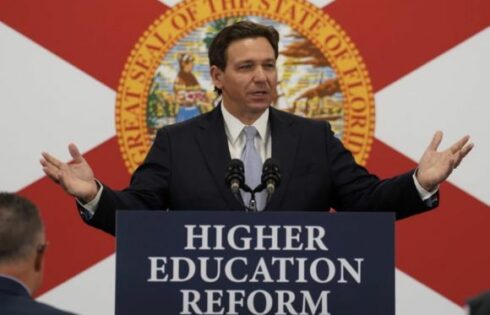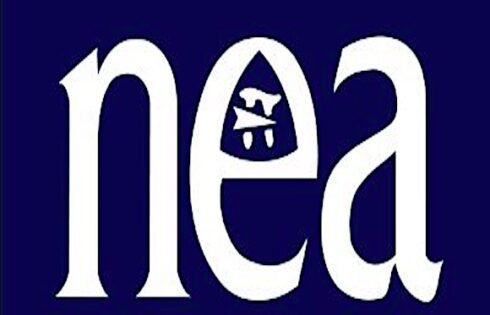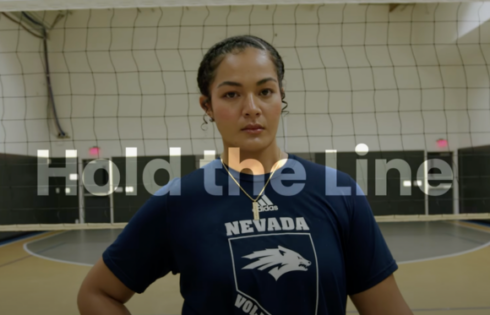Michigan State University professor Sharif Shakrani is an apparent plagiarist, says the Mackinac Center for Public Policy, a think tank in Midland, Michigan.
In August, Shakrani produced a report on public education for the Booth Newspapers, a chain of Michigan publications that includes the Grand Rapids Free Press.
“At first we thought it was just shoddy scholarship,” said Michael Jahr, senior director of communications at the Mackinac Center. “But as we tried to double check his work, we became convinced that we were looking at a case of stolen research.”
MSU’s research integrity officer, James Pivarnik, said the university will review the complaint — a multi-step process that could take more than a year. “I hope to make a preliminary assessment in the next few weeks,” he said.
Shakrani, who is a professor of measurement and quantitative methods at MSU’s College of Education, initially denied the charges but now refuses to elaborate. “The university has asked me not to comment until it finishes its investigation,” he said. “The minute they finish, I will be happy to react to any statement.”
His study claimed that Michigan could save $612 million by consolidating public schools across county lines. It received prominent media attention across the state.
“This is for newspapers,” Shakrani told Michigan Capitol Confidential last month. “It is not for a scholarly publication.”
The Mackinac Center took an interest in Shakrani’s analysis because his conclusions conflicted with a similar study the center had produced in 2007, said Jahr.
“We discovered that he had copied from a report that Syracuse University put out,” said Jahr.
In one example, the Syracuse report by Matthew Andrews, William Duncombe, and John Yinger included this sentence:
“In contrast, more research on student performance in schools indicates that small may be beautiful. ‘All else held equal, small schools have evident advantages for achievement, at least among disadvantaged students’ (Howley, 1996, pg. 1).”
Shakrani’s paper for Booth Newspapers included this sentence:
“Some research on student performance at the school (not district) level indicates that ‘small may be beautiful.’ Small high schools have evident advantages for achievement, at least among disadvantaged students.”
Shakrani did not cite a source for his sentence.
Duncombe, a professor of public administration who is credited as the study’s “corresponding author,” said he has not read Shakrani’s report. “I don’t want to comment except to say that if it’s plagiarism, then Michigan State needs to investigate it,” he added.
The Mackinac Center has also cited similarities between paragraphs in Shakrani’s study and an article published in March by Melissa Maynard of Stateline.org, a nonprofit news website affiliated with the Pew Charitable Trusts.
Maynard wrote in her article:
“Even advocates of consolidation, such as Thomasian and Bradley, acknowledge that the savings potential of these initiatives can be somewhat unclear. When states such as Maine pair significant cuts with massive reorganization plans, it can be difficult to tell savings from outright cuts. “States don’t go into budget cutting as a clinical test,” says Thomasian. “We don’t have control groups, so a lot of it gets mixed together. That’s why a lot of the research to date on school district consolidation has been mixed.”
An almost identical paragraph appeared in Shakrani’s article:
“Even advocates of consolidation, such as Thomasian, acknowledge that the savings potential of these initiatives can be somewhat unclear. When states such as Maine pair significant cuts with massive reorganization plans, it can be difficult to tell savings from outright cuts. “States don’t go into budget cutting as a clinical test,” says Thomasian. “We don’t have control groups, so a lot of it gets mixed together. That’s why a lot of research to date on school district consolidation has been mixed.”
Shakrani did not cite a source for his paragraph.
Maynard refused to comment on the allegation of plagiarism.
MSU’s ethics policy defines plagiarism as “the appropriation of another person’s ideas, processes, results, or words without giving appropriate credit.”
Julie Hoogland of the Grand Rapids Free Press did not respond to a request for comment. “Plagiarism in any form is unacceptable,” she said when the controversy first broke. “MSU is doing the right thing in determining whether that occurred in this case, but at the same time the Press remains satisfied with Dr. Shakrani’s calculations.”
Pivarnik said that he will issue a finding on whether Shakrani’s work represents “research misconduct.” If it does, MSU will move into a new phase of the process that involves possible repercussions.
Stephanie Wang is a junior at the University of Michigan, an Assistant Editor at the Michigan Review, and a member of the Student Free Press Association.
Like The College Fix on Facebook / Follow us on Twitter





Please join the conversation about our stories on Facebook, Twitter, Instagram, Reddit, MeWe, Rumble, Gab, Minds and Gettr.